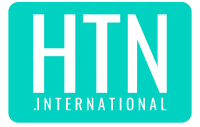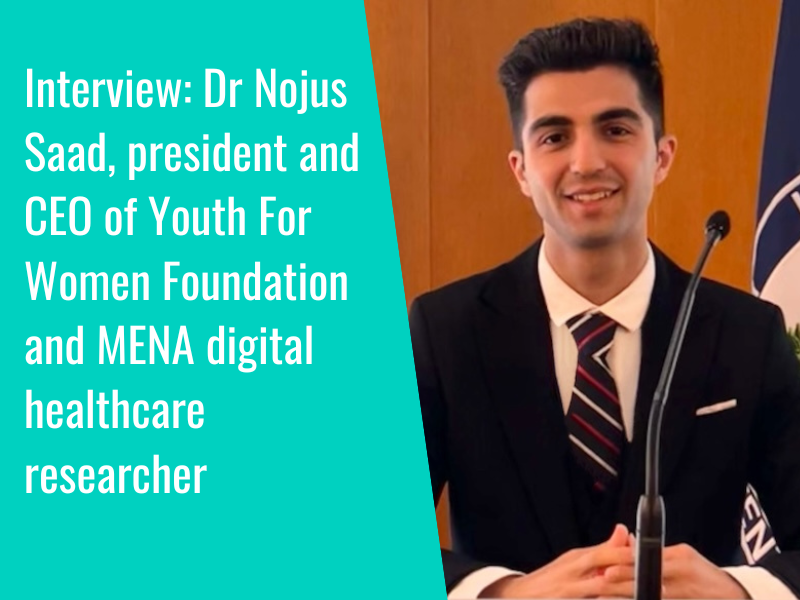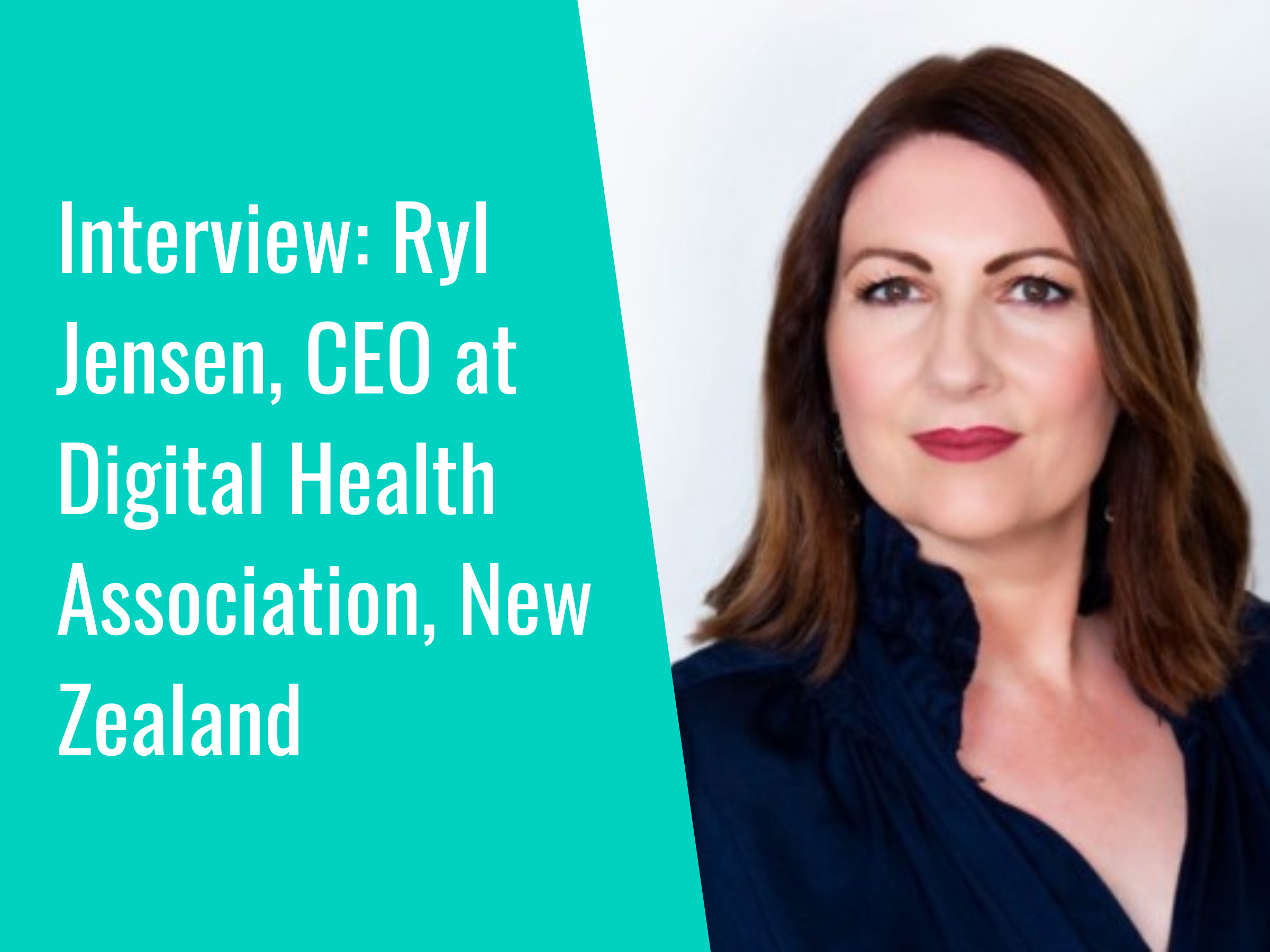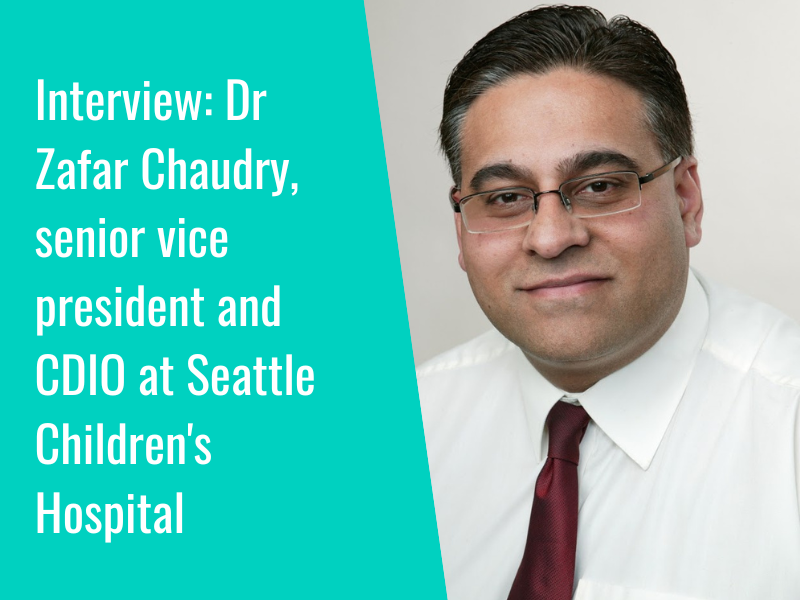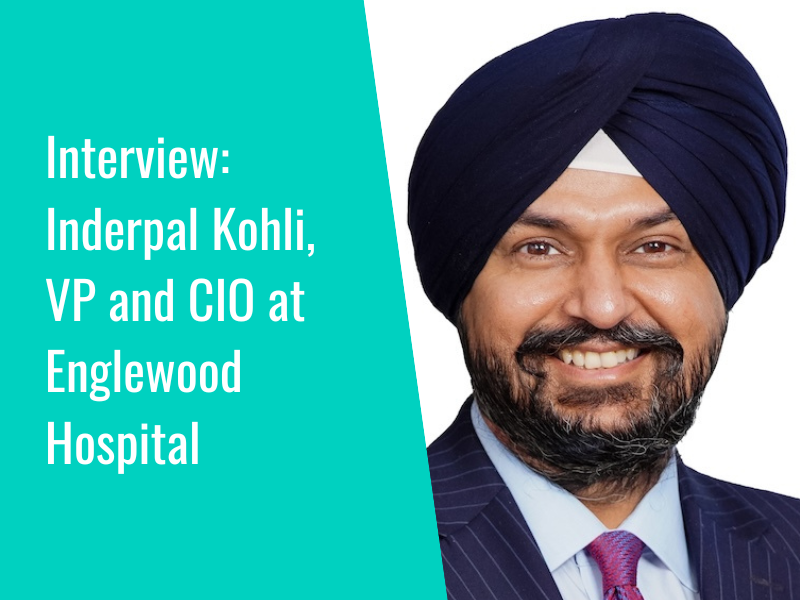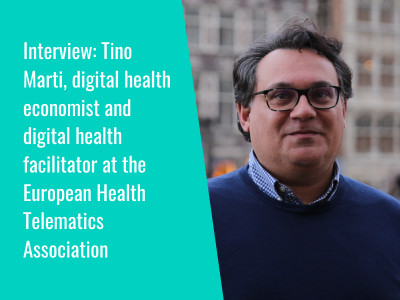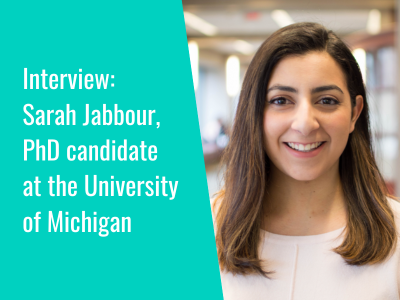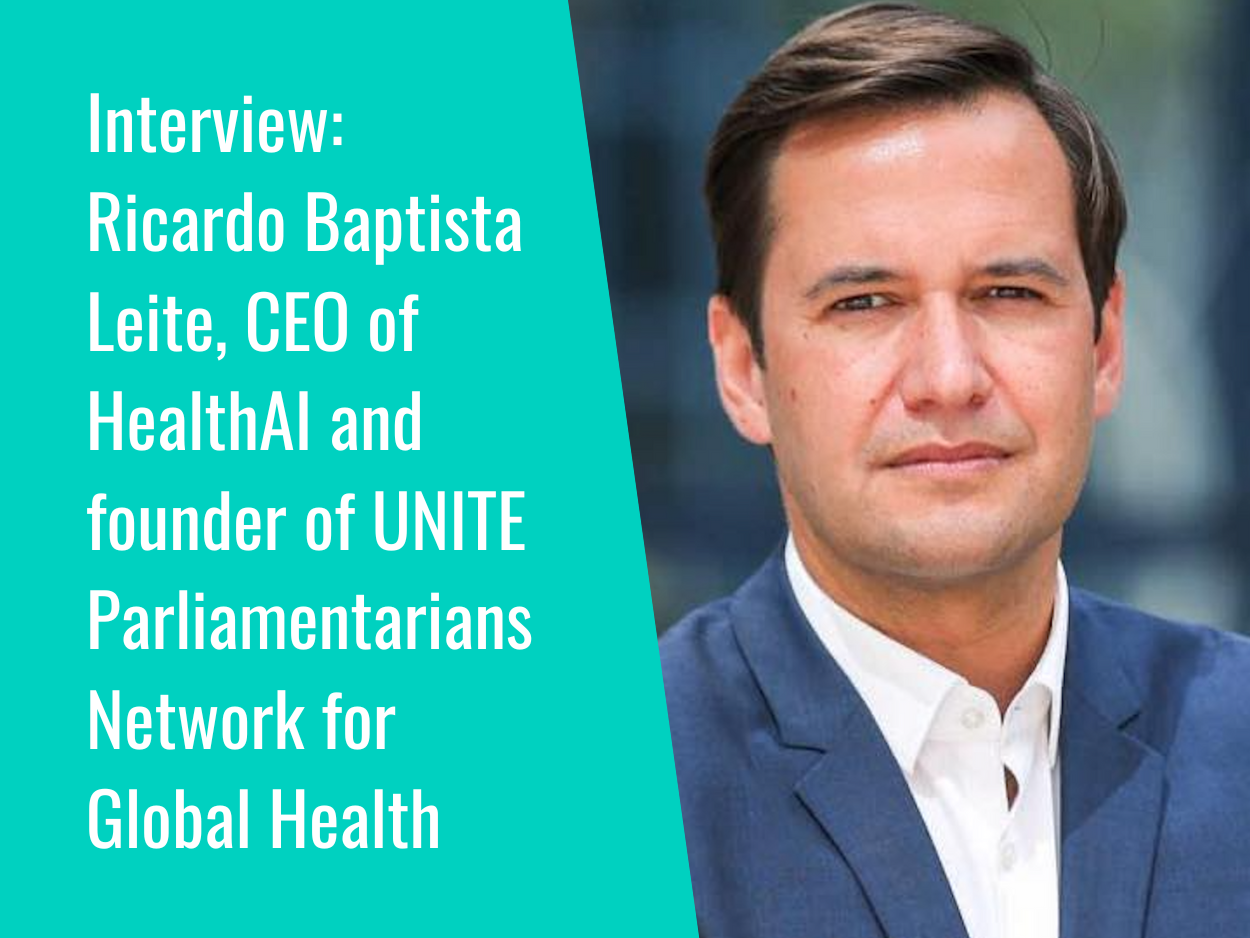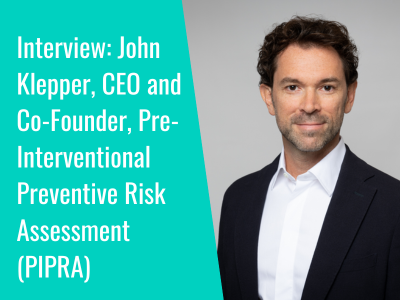The World Health Organization (WHO) has published two reports, in collaboration with a range of other stakeholders including INTERPOL and the United Nations Office on Drugs and Crime (UNODC), considering the threat of cyber-attack and disinformation on healthcare, and identifying ways to strengthen health security.
In the first of the two reports, the WHO explores the threat of cyber-attack on healthcare during the COVID-19 pandemic, at a time when health IT infrastructure “was increasingly targeted by cyber-attacks, at times hindering hospitals from delivering timely care when it was needed most”. The report highlights that the “digital dependence” of global healthcare systems, along with the sensitive nature of the data they store and “inadequate security”, makes health a “prime target” for cyber-criminals.
In combatting this threat, the report outlines the importance of cybersecurity maturity, noting the need for health systems to invest in “people, processes and technology”, through cyber-awareness training, the development of incident response plans, and collaboration with law enforcement and government agencies.
The second of the two reports focuses on disinformation, using the illustrative case of COVID-19 to explore the spread of information “created with malicious intent to sow discord, disharmony, and mistrust in targets such as government agencies, scientific experts, public health agencies, private sector, and law enforcement”.
Considering solutions to counter disinformation, the report proposes a range of tactics, including raising awareness of disinformation, “promoting critical thinking”, identifying drivers of mistrust and how they are exploited by disinformation campaigns, and encouraging the development of digital and health literacy.
To learn more about the reports, please click here.
Late last year, we spoke with Cynerio’s Daniel Brodie on healthcare cyber risks, improving protections, and the promises of generative AI.
- 1
- 2
